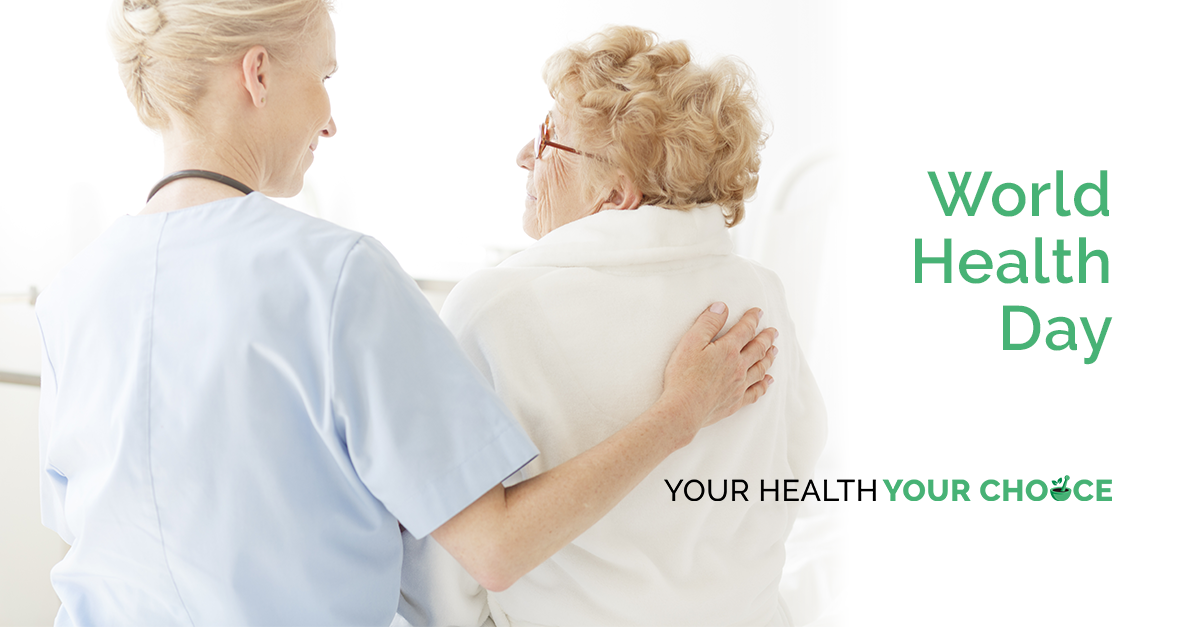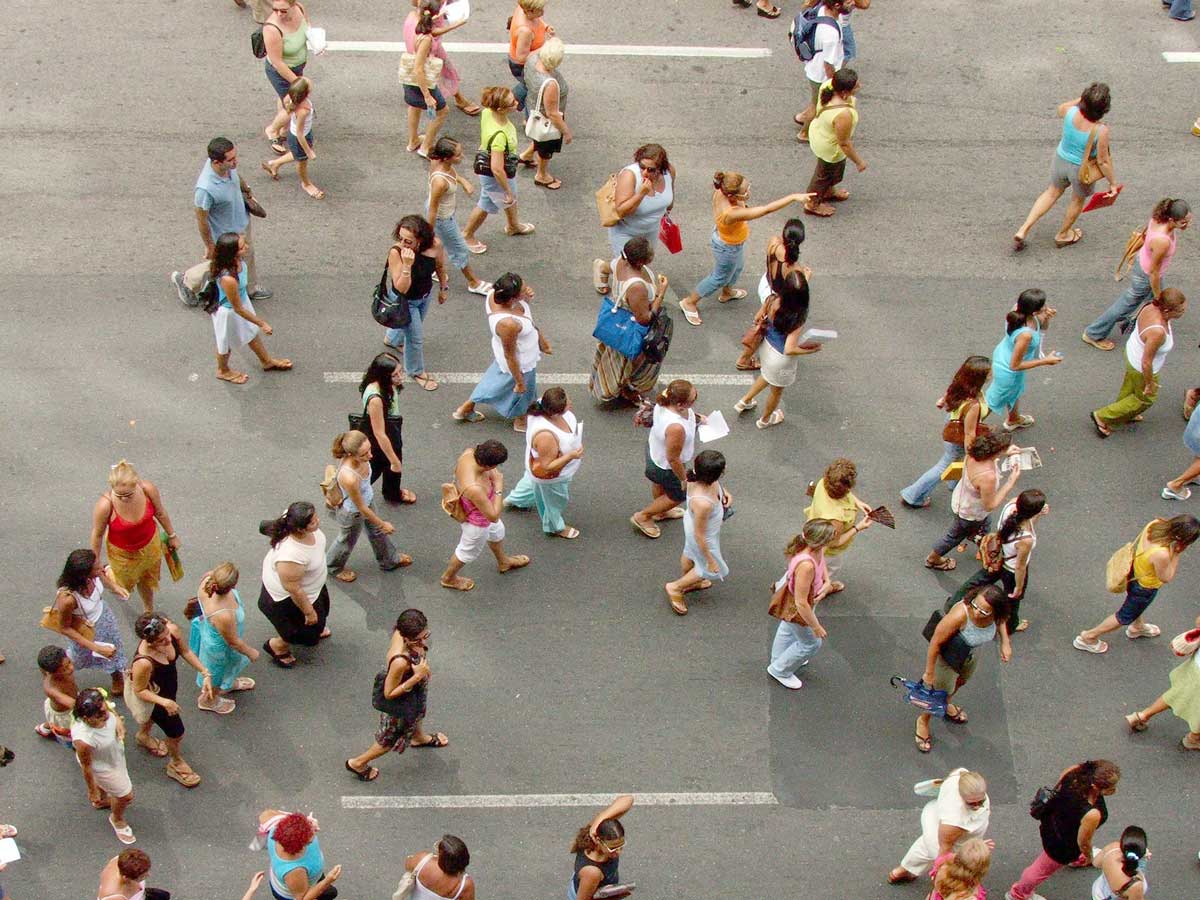World Health Day – Celebrating Nurses on the Front Line

This year’s World Health Day celebrates nurses and midwives.
As nurses are on the front line of the COVID-19 crisis, we want to acknowledge the critical role they play in helping to heal sick members of our communities while placing themselves at risk.
Yet they do so much more than this.
Nurses all over the globe provide quality people-centred care, guidance and advice to their patients, and collect essential data for clinical studies. Nurses are integral to achieving national and global targets involved in universal health care, maternal and child health, patient safety, as well as infectious and non-communicable diseases.
Nurses also have the potential to integrate traditional and complementary medicine (T&CM) into nursing care. Famously, Florence Nightingale, the esteemed mother of modern nursing, emphasised the connection between patients and their environment and encouraged a more holistic approach to their care, which enabled improved patient outcomes.
One survey showed that 80% of British nurses used T&CM. Amongst this group, the most-used T&CMs were massage, cod liver oil and cranberry juice, for relaxation, joint pain and urinary tract infection, respectively.
In other hospital surveys the majority of respondents (70.06%) perceived that therapies like homeopathy have a role to play in a primary care settings.
In other studies, nurses and other healthcare professionals have integrated acupuncture, homeopathy, music therapy, massage therapy, aromatherapy, or other therapies into clinical practice to provide a more holistic approach in treatment and care for their patients.
In many countries, nurses are often involved in delivering T&CM within the national healthcare system to provide increased care options and to mount cultural barriers. Globally, T&CM is becoming increasingly prevalent and the World Health Organisation (WHO) urges all member states to embrace complementary and traditional medicines to broaden their scope of healthcare (WHO traditional medicine strategy: 2014-2023).
By 2018, 50% of the 194 WHO member states had a national policy on T&CM, representing a growing number of nations harnessing the benefits of T&CM for its citizens. Many member states are proactively accelerating the integration of T&CM into healthcare on a large scale, in line with the WHO edict. For example, on 6 December 2016, the Chinese government published its first white paper on traditional Chinese medicine, aiming for every Chinese citizen to have access to basic traditional Chinese medicine services by 2020 and make them cover all areas of medical care by 2030.
Most nurses have positive attitudes towards T&CM and view it as a viable adjunct to personalising care and empowering the patient.
However, despite the strong demand from the community for a more holistic approach, there is a lack of T&CM education and professional frameworks for nurses.
This has important implications in terms of patient care and safety, and it would be prudent for the nursing profession to consider how to meet the growing use of T&CM by their patients. It appears that many nurses agree and would like to be educated in T&CM.
People are increasingly becoming more engaged with wellness and complementary therapies to embrace more desirable health outcomes. Combine this with most nurses seeing T&CM as a tool to enhance nursing practice, it is only logical that more nations enable a holistic approach to achieve desired outcomes. Unfortunately, there are several obstacles to accommodating nurses’ support, including institutional culture and clinical context, alongside time and knowledge limitations.
Nurses’ support for T&CM does not challenge mainstream medicine but simply aims to improve the quality of care available to patients and extend the wonderful care that nurses already provide.
« Return to News & Features
